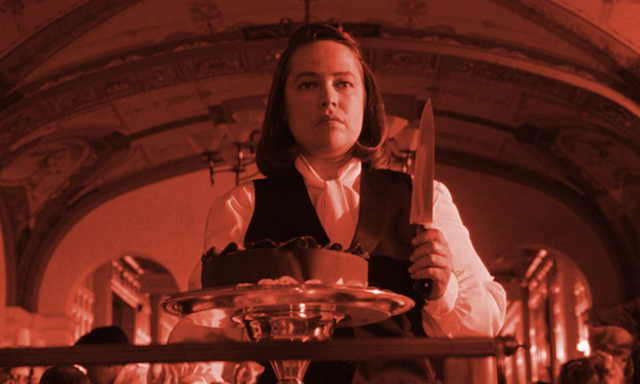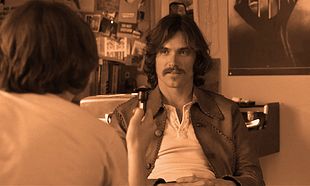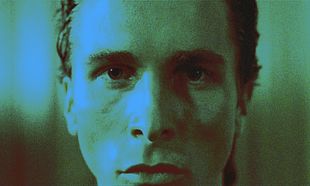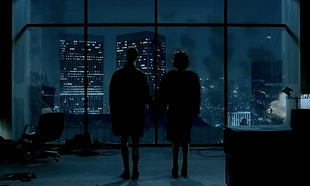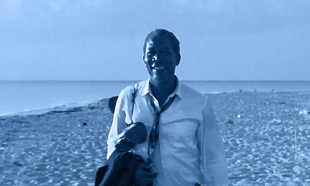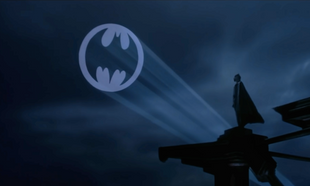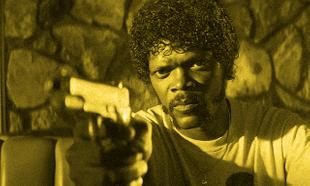In an interview with Rolling Stone in 2014, Stephen King described 'Misery' and, specifically, Annie Wilkes as "cocaine." King was discussing his drug abuse, how he managed to keep it hidden from his family, and described how it began to show in his work.
On its own, you can experience 'Misery' as a straight-up psychological horror. Bates gives one of her most recognisable performances as an Annie Wilkes, all wild-eyed screaming and cockadoody exclamations. James Caan, who built a career playing tough guys, is literally strapped to a bed and beaten with a sledgehammer. The reversal of traditional roles alone is enough to make it interesting, but it's the layer underneath 'Misery' that deals with addiction, creativity and exhaustion that's intriguing.
If you've ever had any experience with addiction - be it in your own life, or someone else's - you'll know that it becomes a part of you and them. You can't function without it, and it makes you go crazy trying to come off it. You depend on it. Whether you want to admit it or not, you feel whole with it. Of course, the truth is that it's eating you from the inside out. 'Misery', and William Goldman's script, understands this to a tee.
 Annie approaches...
Annie approaches...When we first meet Paul Sheldon, Caan's character, he's allowing himself one cigarette and enjoying a ritual drink after completing the first piece of work that he feels good about. Everything that follows in between this scene and the end tells you that creating anything worthwhile is suffering. You come out the other side of it, bruised by the experience, but it's done.
The final scene sees Sheldon in New York many months after his experience, meeting his agent, talking about the book he finally got to write in spite of Annie's best efforts. He admits that although he wrote the book for himself, a part of it belongs to Annie Wilkes and that her torture shaped it.
Sheldon's agent then asks if he'd be interesting in writing a non-fiction retelling of what happened, to which he laughs that she's suggesting he "dredge up the worst horror of my life just so we can make a few bucks." And then, the moment - Annie appears, the violins scratch up and she paces slowly towards him, producing a knife and looking straight into the camera. Calmly, he adds that even though he knows she's dead and that you can't completely get over something like that, he stills thinks about her once in a while.
That's addiction, in a nutshell. The fear that once you're clean and clear of it, that you're never going to be the same person afterwards because it was such a central part of you.
Even if it's something as socially acceptable as smoking like Paul does at the start of 'Misery', you can easily find yourself drifting off in a weak moment and find yourself wanting one again. It's the same thing here. Sheldon knows that he'll never be free of Annie Wilkes, even if he knows she's dead. It's the same with addiction. It's always there.
It's why addicts never say they're cured, but rather than they're in recovery. Sheldon smiles politely as the waitress interrupts them with her adulation, and after a gentle acknowledgement, the song 'I'll Be Seeing You' - performed by Liberace, Annie's favourite musician - comes up over the credits.
It's amazing how context can utterly change a song's intent, and it's never more evident here. As the credits roll, you're left with the uncertain feeling that Paul Sheldon's misery isn't over - and may never will be. Most horrors end with the terror either dead or vanished. 'The Shining' ended with Jack Nicholson frozen in place. 'Alien' ended with the xenomorph being fired out the airlock. That finality is a reassurance to the audience that the horror is over. '
Misery' ends with the knowledge that the horror of addiction is never truly over.
